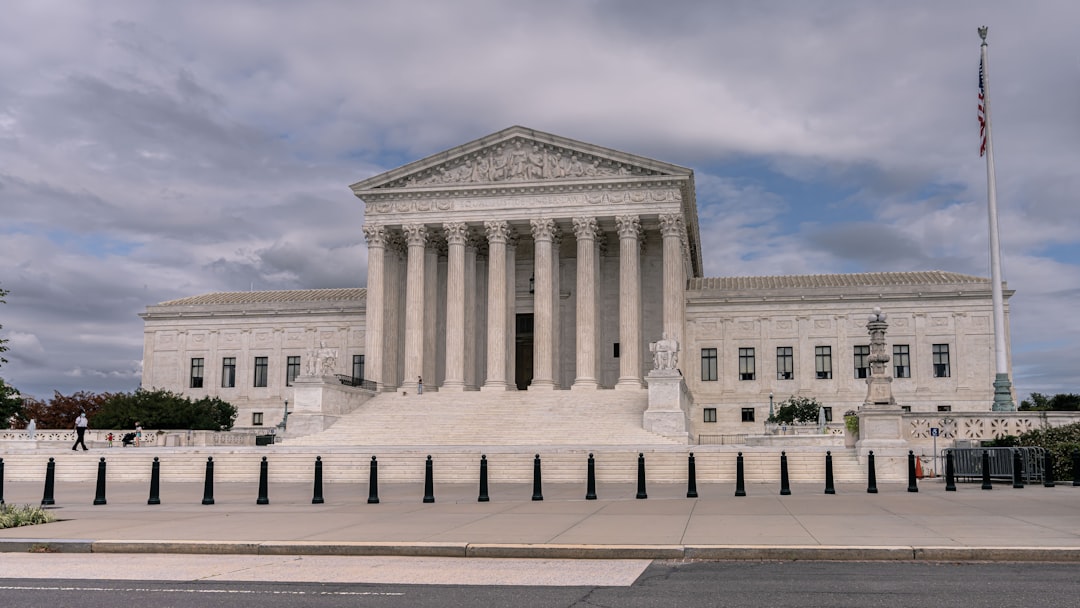
Last week, the U.S. Supreme Court heard oral arguments in a case involving the funding of the Consumer Financial Protection Bureau (CFPB). The case was brought by the payday lending industry in hopes of defunding a federal regulator that has had some success in protecting consumers from the worst of payday predators.
Ahead of the hearing, consumer advocates warned of the dangers of a crippled CFPB should the Court rule in favor of the payday lenders.
In highlighting the importance of the decision, Nadine Chabrier, Senior Policy Counsel, Center for Responsible Lending said:
“The decision could not only invalidate an important protection against predatory lending, but could also undermine the CFPB’s ability to enforce the law through its enforcement powers. CFPB has won $17.5 million in restitution or canceled debts for 200 million people. These actions assisted homeowners who were defrauded by their lenders, depositors forced to pay illegal overdraft fees, borrowers facing racial discrimination, and people with inaccurate information on their credit reports.”
Advocates also warned that a ruling against the CFPB could be harmful to consumers, tipping the scales in favor of scammers and corporate fraudsters:
“A Supreme Court decision affirming the Fifth Circuit’s decision on the constitutionality of the CFPB’s funding structure could permanently hamper the CFPB’s ability to do the important work that Congress empowered it to do when it created the agency in response to the 2008 mortgage crisis and Great Recession,” said Elyse Hicks, consumer policy counsel at Americans for Financial Reform Education Fund. “The courts halting CFPB enforcement while they await the outcome of CFPB v CFSA is a preview of the damaging domino effect on rules that govern our mortgage market and more, that will result from a bad SCOTUS ruling.”
As the hearing approached, some advocates went so far as to suggest that “economic chaos” could result if the CFPB’s enforcement power is hampered:
Representatives of the Center for Responsible Lending (CRL) say that if the CFPB's funding structure is overturned, it could create uncertainty in the consumer finance marketplace. Additionally, CRL says a decision against CFPB funding could have implications for other federal regulatory agencies.
Following the oral arguments, a group of legal experts said the questions posed by Justices could spell trouble for the payday lending advocates:
Rachel Fried, senior counsel at Democracy Forward said, “Repeating an argument over and over again doesn’t make it right, and the Fifth Circuit got it wrong. That was clear in the oral arguments today.”
MORE CONSUMER NEWS
One of America’s Largest Banks is in Trouble Again


